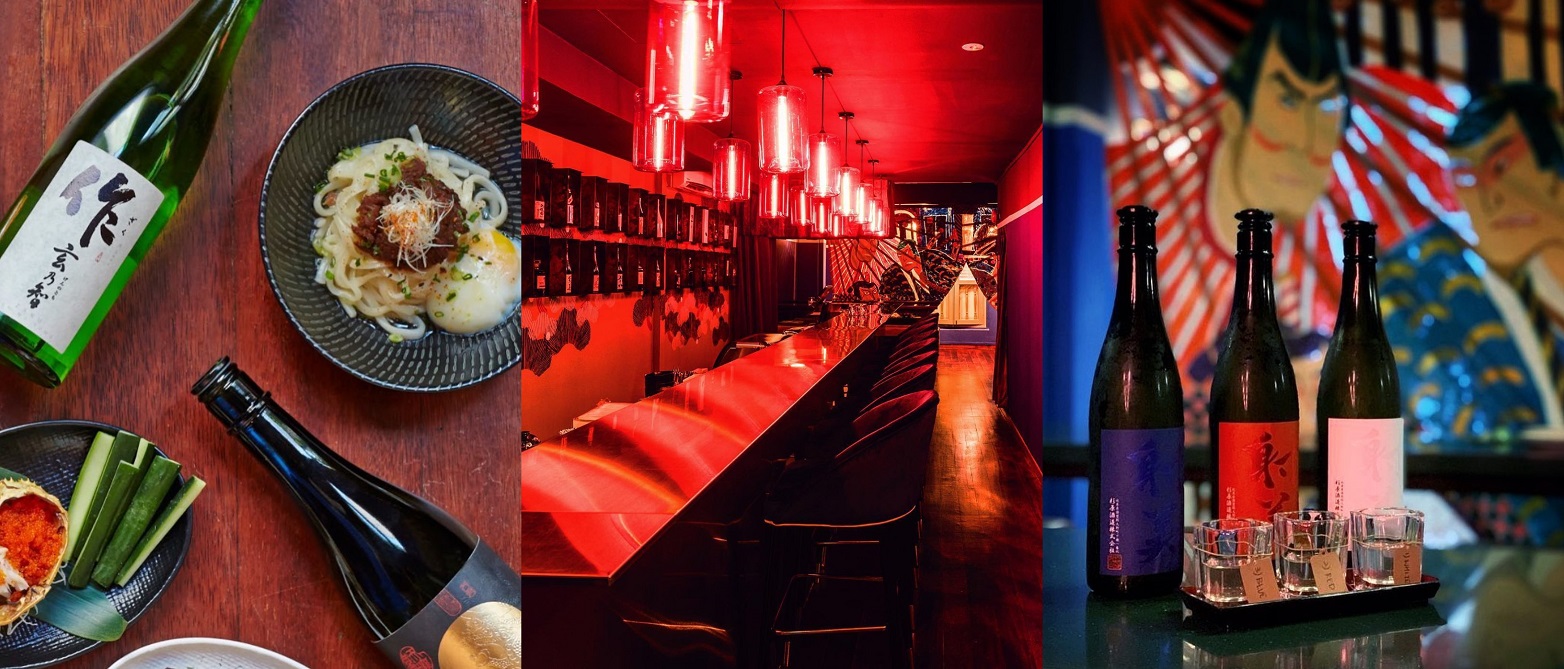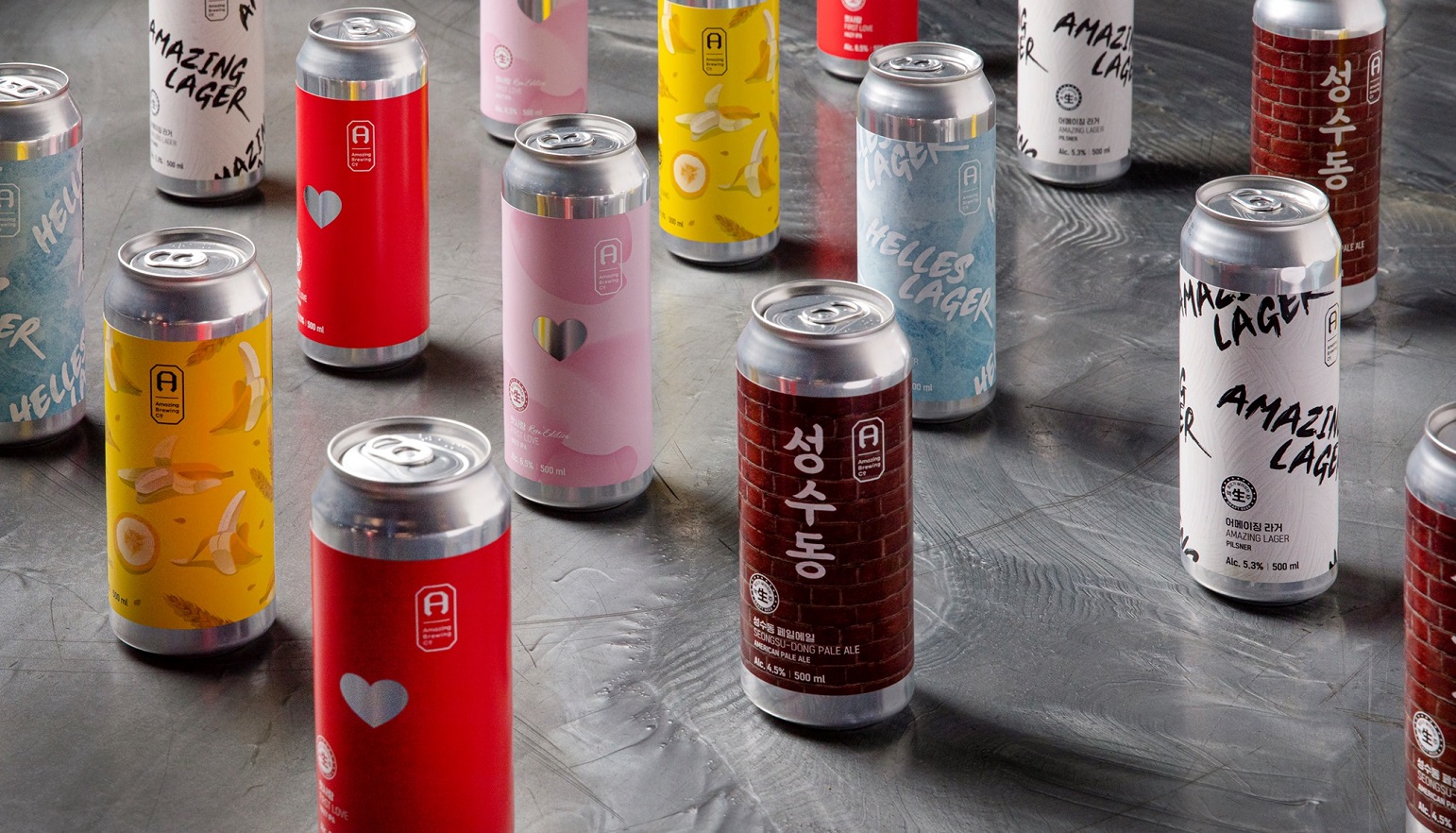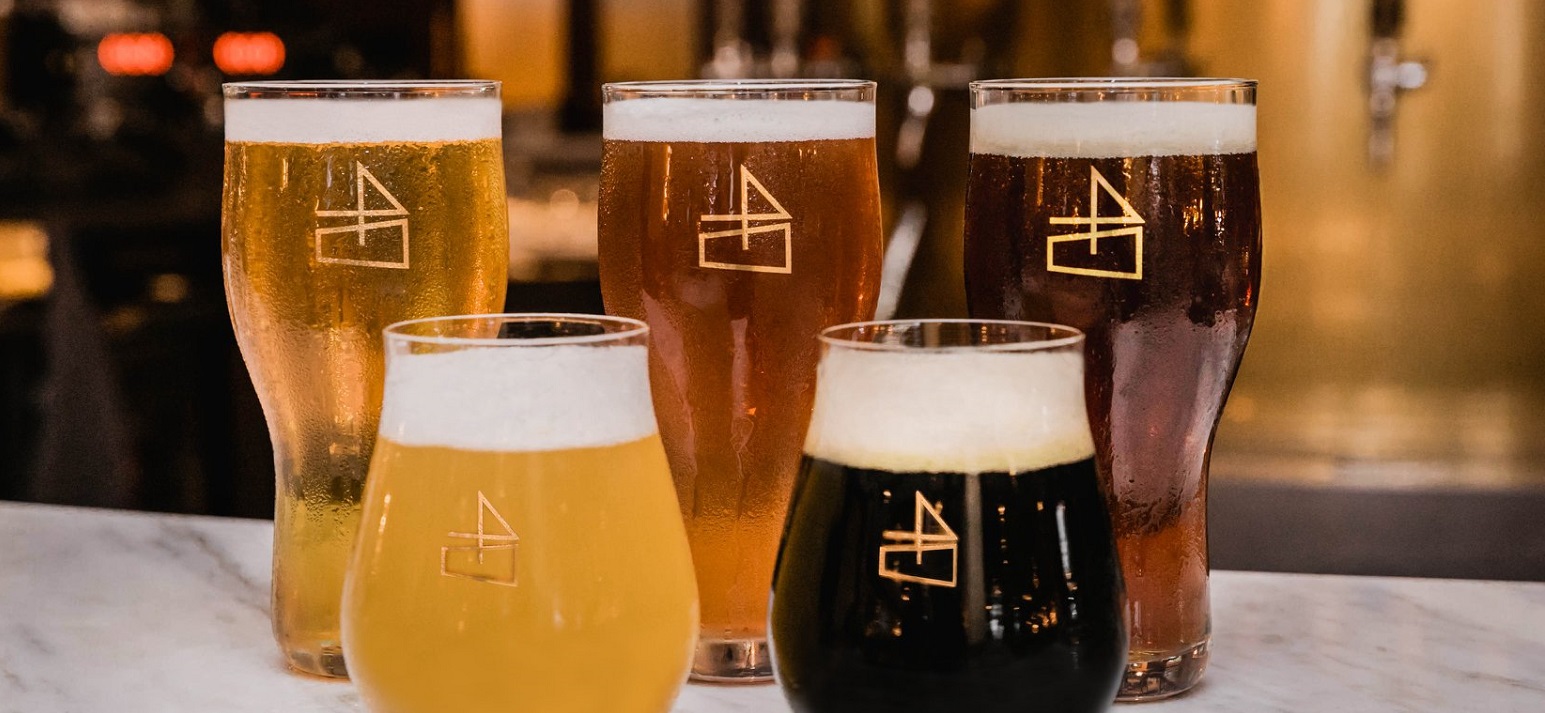My parents were divorced and I changed school in the UK every year growing up, which sucked. School was a total waste of time because by the time you made friends, you had to move on. But that taught me how to make friends easier than most people. Keeping them, however, is another matter.
Studying in the UK, I went through racial disharmony because I was the only Asian looking kid. Most of the guys wanted to see if I could fight like Bruce Lee and, much to their pleasure, I couldn’t.
Being kicked out the house at 16 years of age taught me to be self-sufficient, which is a rare commodity as it teaches you to give 100 percent at work. I didn’t want to lose my job and be homeless. I had to endure crappy bosses.
The most difficult period of my life was when I lost my mom to breast cancer at around 10. It clouded most of my childhood. My dad was mostly not interested in us, so it was just my sister Samantha and I fending for ourselves.
I moved to Singapore because I felt that I needed to get out of miserable and cold London and wanted a big change. I needed to get back to my roots, man.
Some of my best experiences were as a young trainee in my first hotel job. I learned the ropes in many different areas, working as a porter, at the restaurant, reception, room service; learning tons and making some good friends. The other was an event at Ascot, London, as head waiter for Mossimans. I had to look after members of royal family and take care of their lunch. It was exciting, memorable and nerve-racking.
A good manager must possess the willingness to teach, have good leadership skills and take responsibility. A good sense of humor definitely helps. It all comes from my previous experience of having to work hard and learning a great deal. Back then I progressed rapidly, and became one of London’s youngest managers at 21.
My worst memory is ironically also of my first hotel job. I was being driven like a slave to work 60 hours a week for 25 quid.
The funniest thing I ever saw was back in London when a server threw a steak onto the floor in the kitchen and kicked it around before throwing it into the deep fryer after getting pissed off with a customer. It was amusing and horrifying at the same time. When they served the steak the customer said that it was one of the best he’d ever had!
There are flaws in the service industry here but I think there are an amazing number of talented local professionals. People all over the world are pretty much taught the same thing; it’s the conviction of how it’s carried out that’s different. Unfortunately, most locals do not see F&B as a career nor will they put their heart into it seriously.
A food critic has a wonderful job; however it’s all down to personal choice as we all have different expectations and varied palates. As long as the diners
enjoy the experience, why should you care about what others say about it?





